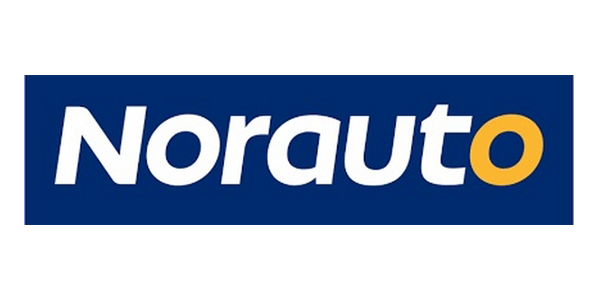
- Quotes and invoices in all stores
- Packing labels for all products distributed
- Tracking forms for workshops at all centres
- Centralising the expression of business needs and document modelling in a single service centre
- Adapting documents to different countries (logo, graphic charter, language, terms and conditions of sale)
- Flexibility to adapt to changes in the market to best serve their customers and take on the competition
- Simplification of document production tools
- Reduction in the costs of purchasing printers
Centralised management of printers via the Efalia Compose spooler. (Reduction in maintenance and guaranteed document production in the event of a breakdown)

 Finance & Legal
Finance & Legal Quality
Quality Human Ressources
Human Ressources General Services/Administration
General Services/Administration Business
Business Modules
Modules Add on
Add on

